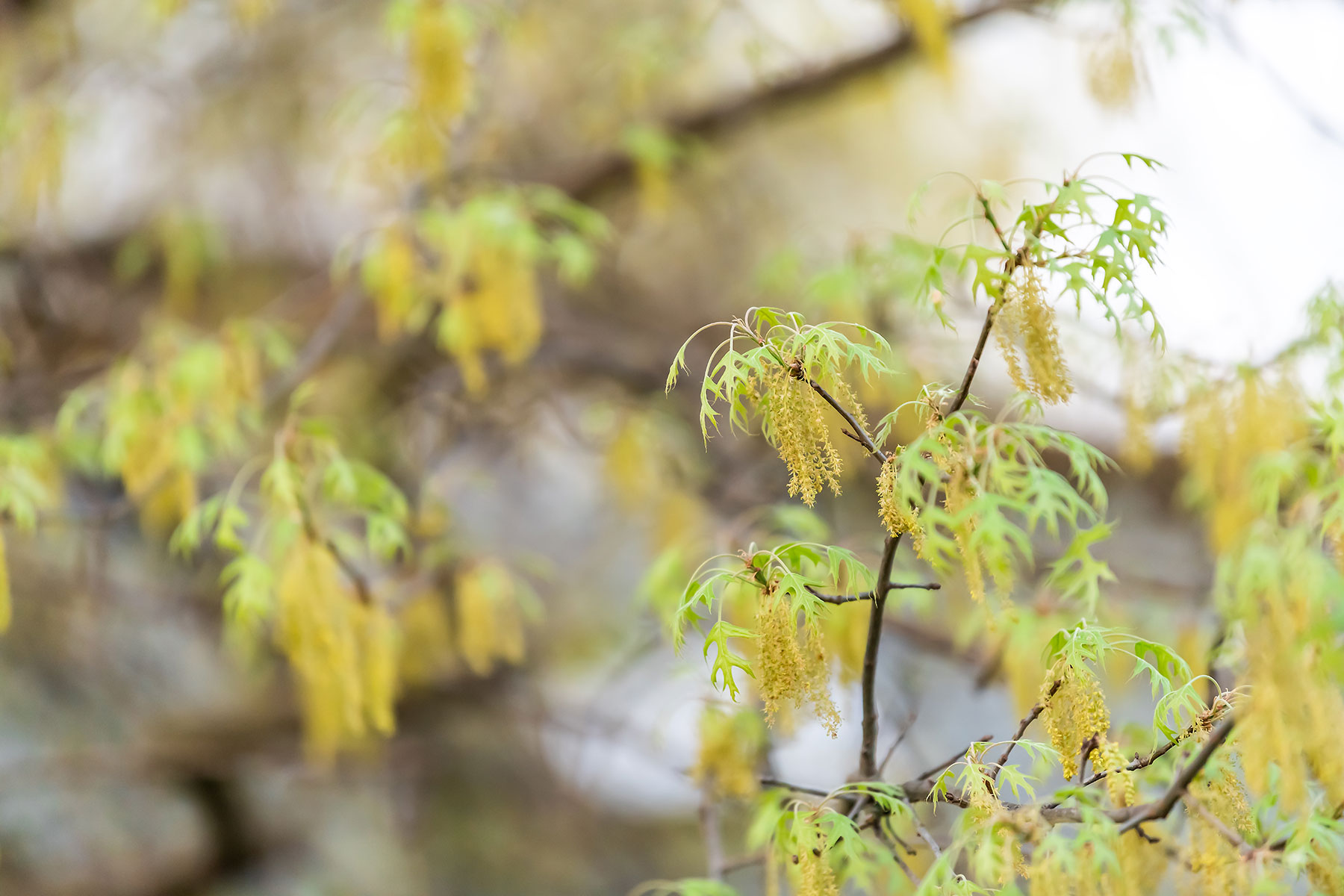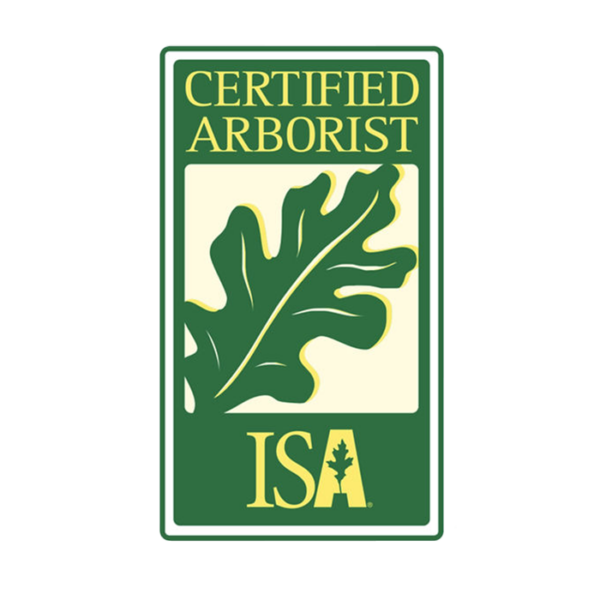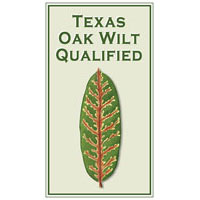Oak trees, with their majestic canopies and sturdy trunks, are a symbol of strength and longevity in the natural world. However, for some property owners or communities, the abundance of acorns produced by these trees can become a nuisance. In an effort to manage this issue, acorn reduction sprays have gained popularity. In this blog post, we will delve into the concept of acorn reduction sprays, examining both their advantages and drawbacks.
Understanding Acorn Reduction Sprays
Acorn reduction sprays are chemical applications designed to limit the production of acorns on oak trees. These sprays typically contain growth regulators or chemicals that interfere with the natural development of acorns, either by inhibiting flowering or disrupting the maturation process. The goal is to reduce the overall acorn yield without harming the health of the tree.
Pros of Acorn Reduction Sprays
1. Reduced Mess and Cleanup: Acorns can create a significant mess, especially on sidewalks, driveways, and lawns. By reducing acorn production, property owners can minimize the time and effort spent on cleanup, making outdoor spaces more manageable.
2. Mitigation of Slip Hazards: Acorns, especially when wet, can create slippery surfaces, posing a safety hazard. Acorn reduction sprays can help decrease the risk of slips and falls in areas frequented by pedestrians.
3. Preservation of Landscapes: For properties with carefully landscaped areas, the constant dropping of acorns may disrupt the aesthetic appeal. Acorn reduction sprays can help preserve the visual appeal of landscapes.
Cons of Acorn Reduction Sprays
1. Limited Effectiveness: The effectiveness of acorn reduction sprays can vary, and complete elimination of acorns is not expected. The fact that these are ‘acorn reduction’ and not ‘acorn elimination’ applications cannot be stressed enough. An oak tree’s number one objective in life is to reproduce, and acorns are the seeds from which new oak trees are grown. These trees want to produce acorns! Pollination of the hanging oak tree flowers (catkins) is what triggers the acorns to be produced. That means this type of application is only effective if applied during the spring when the tree is in mid to full bloom. Oak trees are wind-pollinated and guess what happens most spring days in West Texas? Wind! Even with great monitoring efforts, application timing can be impacted by a windy day. The oak flowers get pollinated, and the technician cannot spray on a windy day. Put another checkmark in the win column for the mighty oak tree!
2. Cost: Consideration as to whether the cost of application vs the time to clean up acorns should always be considered. The timing of these types of applications in relation to when the tree being treated is sprayed is very critical. This generally means a technician needs to make multiple trips to the property to monitor each individual tree for the opportune application window. These labor costs and the actual product costs are considered when quoting these applications. Combine the cost with the limited effectiveness of these types of applications and many tree owners might opt to pay a local neighborhood kid once or twice during the fall to rake up acorns.
3. Tree Health Concerns: While acorn reduction sprays are designed to minimize acorn production, there may be concerns about the impact on the overall health of the oak tree. Growth regulating sprays used to reduce acorn production do induce a small stress response in the sprayed tree. Anytime you might be considering acorn reduction the overall health of the tree should be considered. Trees under significant stress already should, in most cases, be avoided for this type of application.
Get Started Today
Acorn reduction sprays offer a potential solution for property owners seeking to manage the impact of falling acorns. However, the decision to use such sprays should be made with careful consideration of both the benefits and drawbacks. It’s crucial to weigh the convenience of reduced cleanup and safety improvements against the potential effectiveness, cost, and tree health concerns associated with these chemical applications. Before opting for acorn reduction sprays, consulting with your ISA Certified Arborist can provide valuable insights tailored to the specific needs of the oak trees in question.






